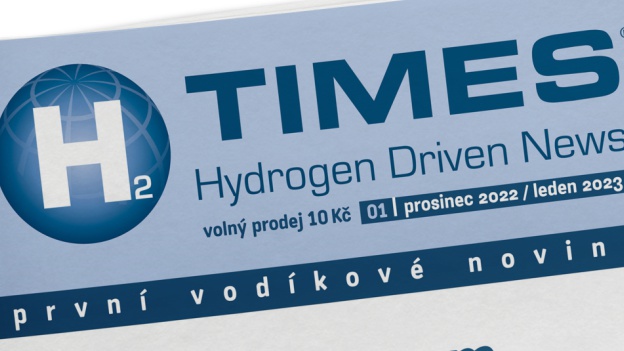Electric and hydrogen vehicles over 4.25 tonnes will lose their exemption from tolls. Vehicles will have to have standard registration and be equipped with an on-board unit. They will still be able to continue with the registration scheme for exempt vehicles. These measures come with new toll rates and changes to the price of motorway vignettes. The change will affect the cost of running vehicles powered by clean energy sources.
From the beginning of March this year, get ready for significant changes to the toll system for environmentally friendly vehicles over 4.25 tonnes. Electric and hydrogen vehicles that reach this weight will no longer be exempt from tolls. These vehicles will now require standard registration and installation of an on-board unit, but will still retain the benefits of the toll exemption.
These decisions are part of a wider plan to adjust toll rates and vignette prices. The loss of the exemption for electric and hydrogen vehicles above a given weight means that these vehicles will face higher operating costs, which may affect the economics for transport companies and individual drivers.
This initiative brings a new dynamic to the debate on the promotion of green forms of transport and the issue of financing transport infrastructure. While some appreciate the steps towards economic balance in the area of tolls, others warn of the potential impacts on sustainability and the development of electric mobility and hydrogen technologies.
Error in the official calculation of the new toll rates
Transport ministry officials used values inconsistent with the European directive in the calculation, which was revealed by the government's compatibility committee during an inter-ministerial comment procedure. This error is not intended to postpone the introduction date, which is planned for 1 March, Transport Ministry spokesman František Jemelka told the Czech Press Agency. Transport Minister Martin Kupka responded with a financial penalty for officials and the dismissal of the head of the relevant department.
The planned increase in toll rates is based on a European Union directive that classifies trucks into five classes based on emissions. The lowest emission class 1 will include the highest emitting vehicles, with the highest toll charges. In contrast, the highest class will be reserved for zero-emission vehicles such as electric and hydrogen vehicles. Minister Kupka expects toll fees to increase by ten to 15 percent.
The association of motor carriers Česmad Bohemia has repeatedly expressed its opposition to the toll increase, arguing that it will increase costs for carriers and make transport more expensive. In October, Vojtěch Hromíř, the association's secretary general, warned that the higher toll would have to be passed on to the customer, which would lead to higher transport costs.
"For hauliers operating vehicles with a first registration date after 1 July 2019, we recommend checking the vehicle documentation from the manufacturer and then using the search engine at mytocz.eu to check whether they are eligible for re-registration to a higher carbon dioxide emission class with a lower toll rate," CzechToll director Petr Chvátal said last week. However, not all such vehicles meet the requirements for reclassification, according to the toll administrator. According to CzechToll's preliminary estimates, more than 90 percent of vehicles belong to emission class 1.
The ministry has not yet communicated the final rates, although the proposal is under inter-ministerial comment procedure. Spokesman František Jemelka said the final rates would be published when they are sent to the government's legislative council. Hauliers will be informed of the change on the Road and Motorway Directorate's website.
The state collected CZK 14.9 billion in electronic tolls from trucks last year, although toll collection has been stagnant. The expected change in toll rates could bring up to two billion crowns more to the state. At the same time, from March there will be changes in the prices of vignettes for cars, with annual vignettes costing CZK 800 more from the previous CZK 1,500 to CZK 2,300, while monthly and ten-day vignettes will become cheaper. A new one-day vignette will be available for CZK 200.
Source: CTK
Photo source: Ministry of Transport CZ






























